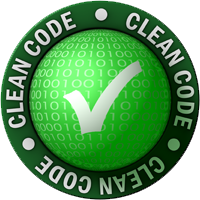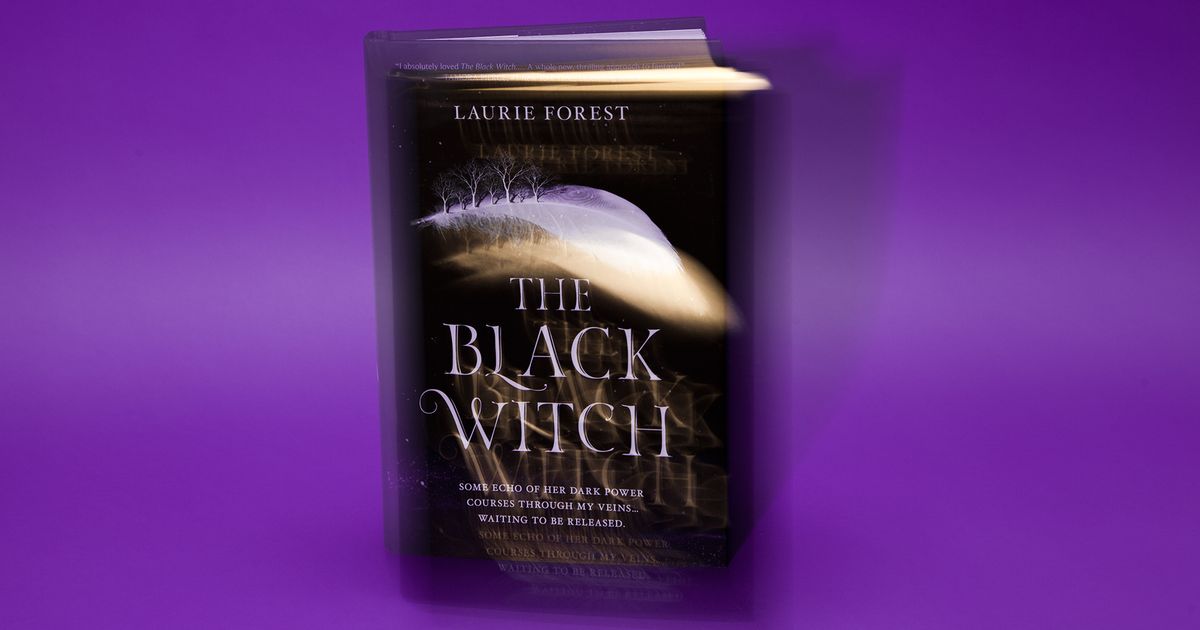So, two things really strike me here.
You conveniently cut out what I said, and I don't have time to find the post, so I'm going to deal with what you said here:
The first is that this is not a description of any kind of institutional practice, it's a description of a type of person, and the traits that that person is presumed to have.
Well, first, there are absolutely issues on an institutional level (see the employer stuff earlier), but if a bunch of people hold the same beliefs and values, and act in concert, it can absolutely be described as a culture.
The second is that it is no longer a culture at all. You actually slip and state this directly when you talk about it existing "across time and cultures". At this point, you are talking about something which is actually quite separate from culture, because it can exist in every culture.
That's a fallacy though. If you're arguing that a trait exists across numerous cultures, it's not longer culture, then...no. Just no.
Every society on Earth has adopted belief in the supernatural, via gods, or spirits, or whatever. Are you going to say that religion and spirituality aren't cultural?
In short, this is not actually criticism of society any more, it is not about institutional problems or cultural trends. It is a criticism of the moral character of the individual people who make up society. They are the ones who are bad. They are the "problem" that has to be corrected, because they have this mentality that is wrong and that causes other people harm, a mentality that is untruthful and does not accord with your perspective on reality.
Oh, it's very much about cultural trends. It's trends that have gone into overdrive over the last half decade.
Now, the hypocrisy at this point should probably be obvious, because this is a battle between us and them. It's a battle between the good people, the people who think the right things and have the right mentality for public discussion, and the bad people, the people who have bad thoughts and evil opinions. The people who think in moral binaries. They are nothing like us, those horrible people. We never think in moral binaries.
I'd like to remind you that in this very thread you said that there could be no negotiation with the right or conservatives until certain conditions were met, making allusion to a 'war' that's been fought, so I don't think you're as above the idea of moral binaries as you might think.
But what I think is even more important here is the issue of empathy. Because what we have here is not even an honest description of a type of person, it's an insulting caricature of a person, stripped of any kind of nuance and depth and reduced to a two-dimensional villain, and it says a lot about how you see people.
Right, you say I'm using a caricature, and present your evidence of this by...using caricature.
If a person experiences an argument as a battle between right and wrong in which no compromise is possible, well that couldn't be because it actually is a debate between mutually exclusive interests.
A lot of the examples on this thread aren't actual arguments. Plenty of arguments and debates are conducted with mutually exclusive interests. This thread has barely been concerned with actual debates.
It couldn't be because there are actually principles on the line which are incredibly important, it couldn't be because they have been mistreated and forced to defend themselves so often that they have adopted a siege mentality in order to survive. No, it just be that there's something wrong with them. They are just bad people who are bad for no reason.
I've already given my take earlier in the thread as to why I believe cancel culture exploded the way it did, and why it was in the US of all places. Clearly you think differently. However, in response to that:
1: I'm aware of the notion of cruelty begetting cruelty - if you're treated poorly, then chances are you're going to treat other people poorly. We certainly see this in domestic violence for instance. However, that doesn't excuse the poor behaviour in of itself.
2: Who exactly has been forced to defend themselves in the examples here? Who are the poor, defenceless people who mobbed Lindsay Ellis? Who are the "oppressed" students who hounded Weinstein, who were so oppressed that they could attend one of the most expensive colleges in the world? What exactly were the ills of the people who went digging for James Gunn's tweets? Who, exactly, was hurt when Amelie Zhao wrote Blood Heir, the mere back-of-book description sending people into a frenzy?
It's the bully pretending to be the victim.
And it's funny, because you seem to have so much empathy and limitless patience for everyone else. You want us to frame everyone in the best possible light and feel intense sympathy for them. You want limitless forgiveness for them when they do something wrong. You really, desperately need us all to understand how special and innocent they are and how terrible it is that their lives are being ruined.
...sorry, had to wait a bit. Mr. Straw knocked, and oh man, had he put on weight.
I'd like you to cite the post where I said we should have limitless forgiveness and patience. Clearly there's crimes committed in the world that warrant justice rather than mercy. Crimes worse than anything discussed here. But the irony of your post is that you're doing the same thing. You want me to feel sympathy for the people doing the cancelling, and what me to see how special and innocent
they are. You want me to sympathize more with the bully than the victim.
Like, if you believe every person on this thread got what was coming to them, at least say it.
But at the same time, you can't even begin to attempt to imagine why someone who has had to fight every day to be accepted for the gender they are would be hurt by someone mocking them.
First, how many of the examples on this thread have actually dealt with that?
Second, I absolutely can imagine it, because while maybe not in those specific terms, I can absolutely sympathize with being bullied, and mocked, and harassed, and everything else. If anything, you're the one who appears to have trouble sympathizing.
You can't begin to imagine why young black kids who have had to emotionally process the fact that they live in a country where cops are allowed to kill them would react with anger to someone telling them that they think being reminded of that fact is inconvenient.
Again, where has police brutality factored into any of these examples on this thread? You're plucking issues out of thin air as part of some attempt to either shift the discussion, or reframe it well beyond its bounds.
That's not real harm. That's not bullying. That's not having your life ruined.
Where did I say that?
I know what tactic you're using, by the way, and it's a tired, dishonest one. It's the tactic of "why are you talking about problem X, when problem Y is bigger?"
In case you're wondering, absolutely police brutality is a bigger problem than cancel culture, but then I can pick out a bigger problem than police brutality, and you can pick out a bigger problem than that, and so on, and so forth, until we're discussing how to survive the universe's heat death. But this isn't a thread dealing with any of those things.
Real pain is being called a racist on twitter by someone whose name you don't know and will never think of again.
Yep, you got me. I confess. I believe that being called mean things is worse than physical harm, that cancel culture is the biggest problem, and nothing else matters.







